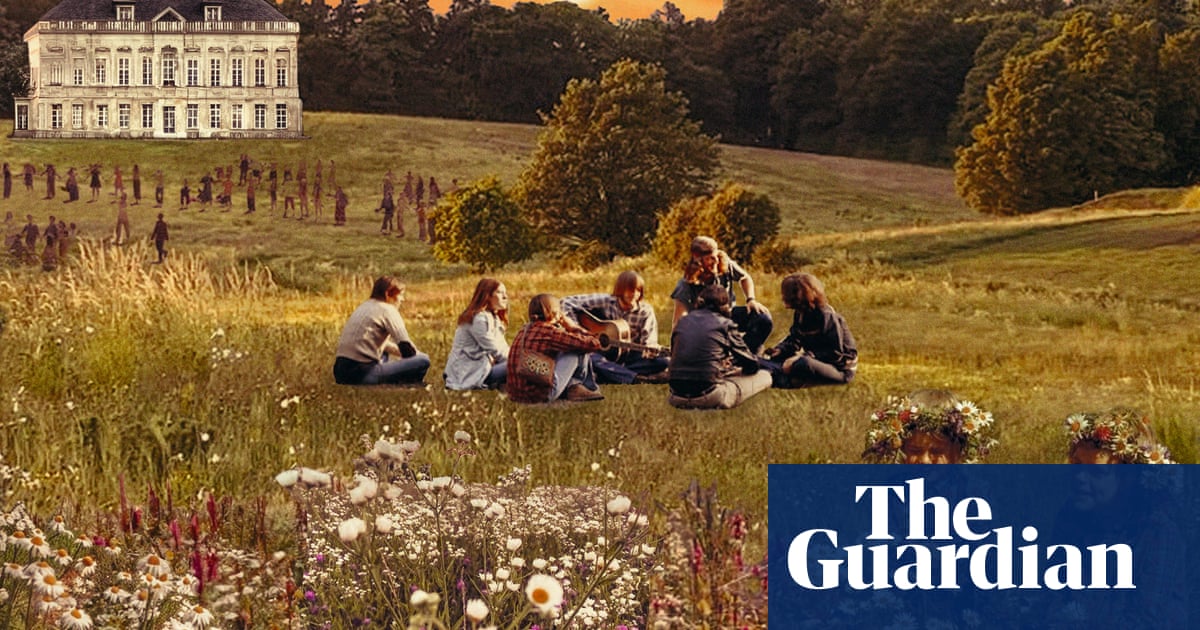I was raised in a utopian commune where children ran wild. Only years later did I realise how much danger came with that freedom

🌈 Abstract
The article is a personal narrative that explores the author's unconventional upbringing in a utopian communal living experiment in the 1970s. It delves into the complexities and challenges of growing up in an alternative, idealistic community that aimed to radically reshape domestic and social structures.
🙋 Q&A
[01] Growing Up in a Utopian Commune
1. What was the author's living situation before moving to the commune? The author's family was a single-parent family, which was not common at the time. They were leaving behind their home, garden, and pets to move into a large mansion.
2. How was the commune structured and organized? The commune had a communal ground floor with shared spaces, while the upper floors were divided into private "Units" for families and individuals. There was an emphasis on egalitarianism, with attempts to abolish traditional family structures and gender roles.
3. How did the author's daily life and routines differ from a typical household? The author and the other children, referred to as "the Kids," had a collective, unstructured lifestyle, with shared meals, clothing, and activities. They were encouraged to be independent and self-sufficient, in contrast to the more regimented schedules of the outside world.
4. What were some of the challenges and tensions within the commune? There were power dynamics and informal hierarchies that emerged, despite the stated goals of equality. The living conditions were often difficult, with the house being poorly insulated and lacking in basic amenities. There were also incidents of accidents and injuries among the residents.
[02] The Author's Personal Experiences
1. How did the author's relationships with the other children and adults in the commune evolve over time? The author initially felt a sense of belonging and empowerment as part of the "Kids" group, but later experienced isolation and vulnerability, particularly after a traumatic incident involving an adult resident.
2. What were the author's feelings and reactions to the commune's approach to privacy, intimacy, and personal boundaries? The author struggled with the lack of privacy and the blurring of boundaries, especially when it came to the adults' involvement in the children's lives. The author felt betrayed and violated by the inappropriate behavior of one of the adult residents.
3. How did the author's experiences in the commune shape their perspective on utopian ideals and the challenges of implementing them in practice? The author came to recognize the limitations of the commune's utopian vision, noting that the attempt to create a perfect, self-contained society led to a detachment from reality and an inability to address the complex issues that arose within the community.
4. How did the author's upbringing in the commune continue to impact their life after leaving the community? The author found it difficult to reconcile their unconventional childhood with the more conventional norms of the outside world, and struggled to come to terms with the traumatic experiences they had endured within the commune.